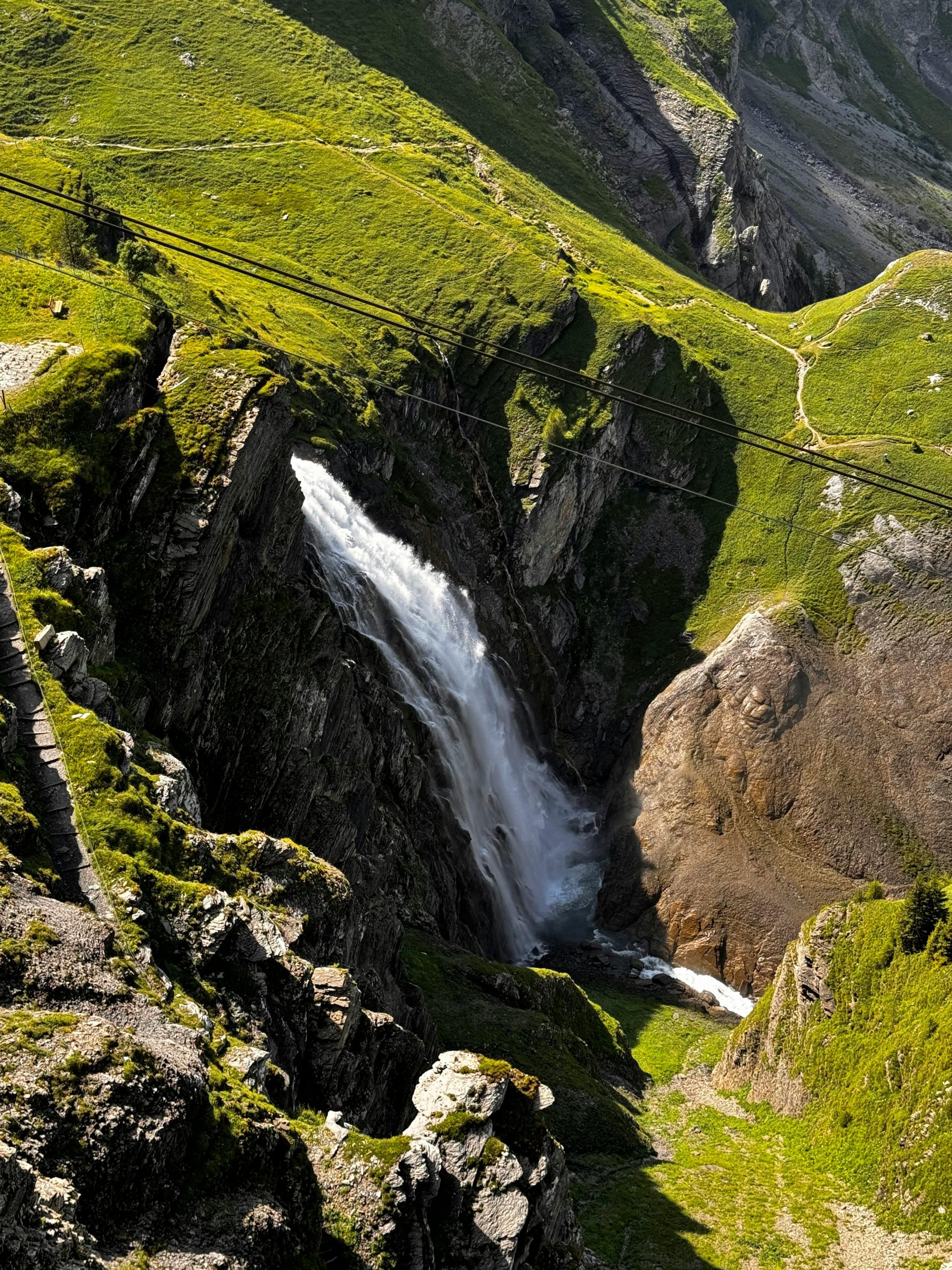David Attenborough: “The Holocene has ended. The Garden of Eden is no more. We have changed the world so much that scientists say we are in a new geological age: the Anthropocene, the age of humans… What we do now, and in the next few years, will profoundly affect the next few thousand years”
The Anthropocene: A New Era Defined by Human Impact
Renowned broadcaster and natural historian, David Attenborough, recently made a poignant declaration about the state of our planet. He highlighted a pivotal shift in the Earth’s chronological narrative, stating, “The Holocene has ended. The Garden of Eden is no more.” This sentiment reflects a growing consensus among scientists that we have entered a new geological epoch—what is now referred to as the Anthropocene, the age of humans.
This new era is characterized by the profound and lasting impact of human activity on the planet’s geology and ecosystems. Our actions over recent decades have altered landscapes, disrupted climates, and affected biodiversity on an unprecedented scale. Attenborough emphasizes that the decisions we make today, and in the immediate future, will have lasting repercussions for the world as we know it and for generations to come.
As environmental stewards, we face a crucial moment in history where our choices can either foster recovery and sustainability or contribute to further degradation. The Anthropocene is not just a label; it is a call to action. We must reflect on our role and responsibility in shaping the future of our planet, recognizing that the legacy we leave behind will define the conditions for life for thousands of years ahead.
In light of this significant transition, it is essential to engage in thoughtful discourse about our environmental practices and to advocate for policies that promote ecological balance. The time is now to rethink, redesign, and reinvigorate our relationship with the natural world. What we do today will echo through time—let us make our actions resonate positively for the future.
Join the conversation about the Anthropocene and explore how we can collectively strive for a more sustainable existence on Earth.














Post Comment